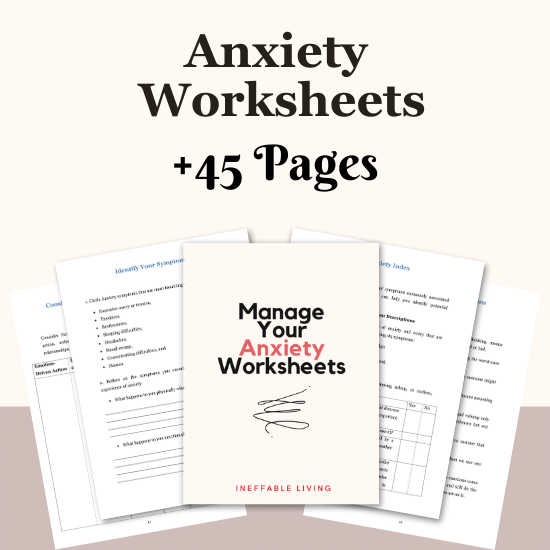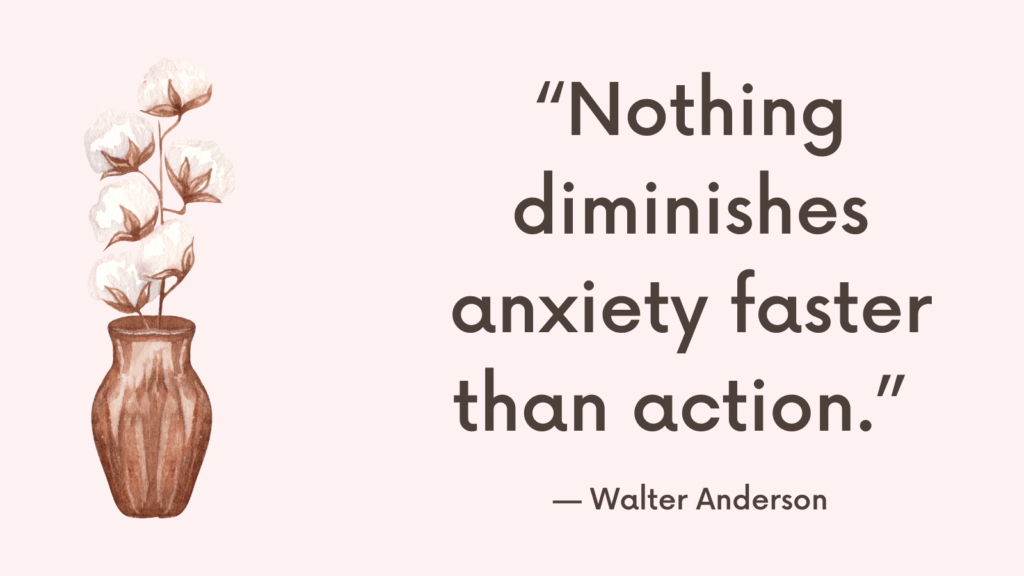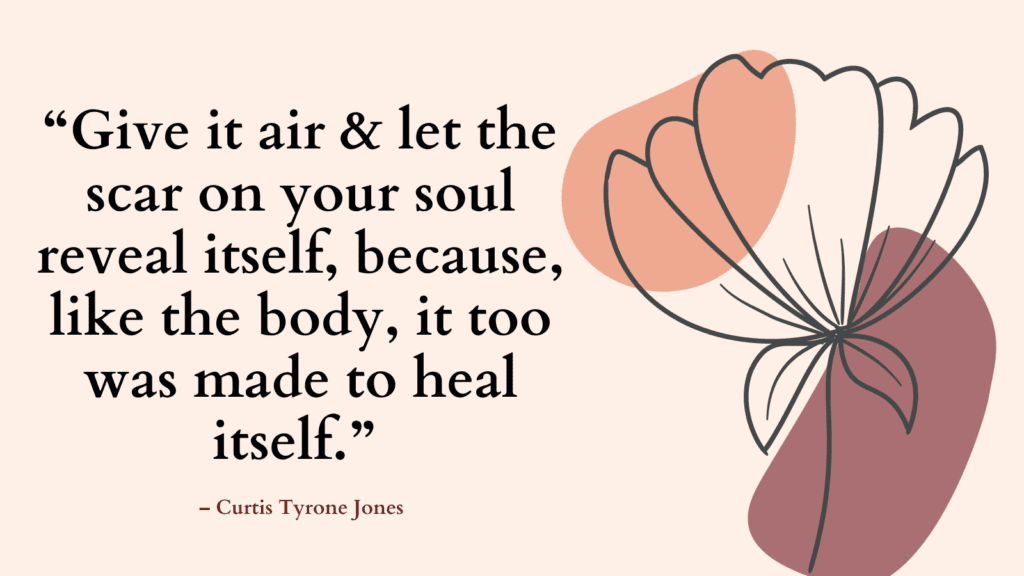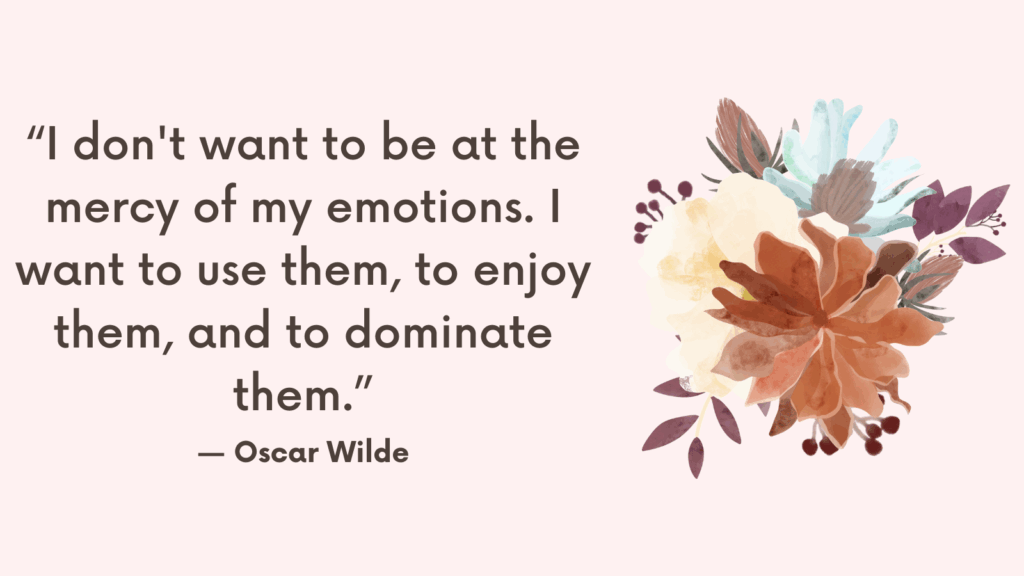Political anxiety rarely comes out of nowhere — it’s often fueled by subtle, everyday triggers that keep the nervous system on high alert. These triggers can pile up, leaving you feeling restless, angry, or powerless without fully realizing why. Here are some of the most common ones.
What Is Political Anxiety?
Political anxiety isn’t just about disagreement or debate — it’s the emotional tension that arises when your sense of safety, identity, or future feels threatened by the political climate.
It’s not rooted only in headlines — it’s stored in the body, shaped by your history, and reignited by everyday interactions that feel emotionally loaded.
This kind of anxiety isn’t irrational. It often comes from lived experience, generational wounds, and a deep concern for others.
And yet, it can quietly drain your energy even on days you’re not actively thinking about politics.
Why Political Anxiety Has Become So Widespread?
In today’s world, politics is impossible to escape—it’s on our phones, in our conversations, and tied to the stability of our future. The 24/7 news cycle floods us with urgent updates, while social media amplifies division and worst-case scenarios. At the same time, declining trust in institutions, uncertainty about global crises, and the moral weight tied to political choices leave many feeling powerless. This combination of constant exposure, fear, and helplessness has turned political anxiety into a widespread and collective experience.
Related: Always Anxious? These Worksheets Can Help You Calm Down Fast
10 Everyday Triggers That Spark Political Anxiety
1. Constant Breaking News Alerts
Push notifications on your phone or sudden headlines flashing across the screen can create a sense of urgency, making every update feel like a crisis.
2. Social Media Scrolls
Arguments, inflammatory posts, or endless opinion threads can quickly spiral into anxiety, especially when you compare your views to others or feel pressure to respond.
3. Heated Conversations With Friends or Family
Even casual discussions can turn tense when political differences surface, leaving you feeling misunderstood or unsafe to express your perspective.
4. Exposure to Political Advertising
Campaign ads, posters, and commercials are designed to provoke strong emotions. Repeated exposure can subtly heighten fear, anger, or helplessness.
Related: Top 10 Practical CBT Exercises For Generalized Anxiety Disorder Relief
5. Workplace or School Discussions
Offhand political comments at work or school can trigger anxiety, particularly if you feel outnumbered or pressured to stay silent.
6. Uncertainty About the Future
Hearing predictions about economic downturns, climate change, or social instability can fuel racing thoughts about what lies ahead.
7. Polarizing Headlines
Media that emphasizes conflict or “us versus them” narratives intensifies feelings of division, even when you’re not directly involved.
8. Comparison of Values
Seeing others live out political beliefs that clash with your own — whether through lifestyle choices, community norms, or public behavior — can stir quiet frustration or unease.
9. Personal Connection to Political Issues
If policies directly affect your identity, safety, or livelihood, even small reminders — like a news story or policy debate — can hit deeply and reignite anxiety.
10. Everyday Symbols of Division
Signs, bumper stickers, or flags tied to political stances can act as constant reminders of conflict, turning ordinary environments into sources of unease.
Related: High Functioning Anxiety Test (& How To Support Anxiety Recovery)
How to Cope With Political Anxiety?
1. Limit News Overload
Staying informed doesn’t mean consuming every update. Choose a set time to check reliable sources and step away once you’ve caught up, instead of letting the news cycle dictate your mood all day.
2. Step Away From Social Media Spirals
Scrolling through heated debates and comment wars fuels anxiety. Take breaks, mute accounts that provoke outrage, and remind yourself that online arguments rarely change minds but often drain energy.
3. Focus on Local and Tangible Action
Anxiety grows when you feel powerless. Shifting attention to what you can influence — voting, community volunteering, or supporting local causes — helps transform helplessness into purpose.
4. Reclaim Calm in Daily Routines
Simple grounding activities like walking, journaling, listening to music, or cooking can anchor you back into the present. Regular routines remind your body and mind that stability still exists beyond the headlines.
5. Protect Conversations and Relationships
Not every setting is safe for political talk. Learn to step away from unproductive debates and instead seek supportive spaces where your voice can be heard respectfully.
Related: How to Relieve Anxious Sensations In Your Body?
6. Interrupt Catastrophic Thinking
Political anxiety often spirals into “worst-case scenario” loops. Challenge these thoughts by asking: “What’s within my control? What evidence do I have that everything will collapse right now?” This shifts focus from fear to perspective.
7. Stay Connected With Supportive People
Talking with those who share your concerns can ease isolation, but connection doesn’t always need to revolve around politics. Spending time with loved ones on non-political topics restores balance.
8. Remember Politics Is Only One Part of Life
Your identity and worth are bigger than political wins or losses. Nourish the parts of life that bring joy — creativity, relationships, faith, learning — so politics doesn’t define your entire sense of self.
Related: 30 Coping Skills for Anxiety and Depression

Conclusion
Political anxiety doesn’t just come from big events — it’s often sparked by repeated, everyday triggers that chip away at peace of mind. Recognizing these moments helps you understand why the tension builds and gives you the chance to respond with boundaries and self-preservation, instead of letting political stress quietly dominate your days.



